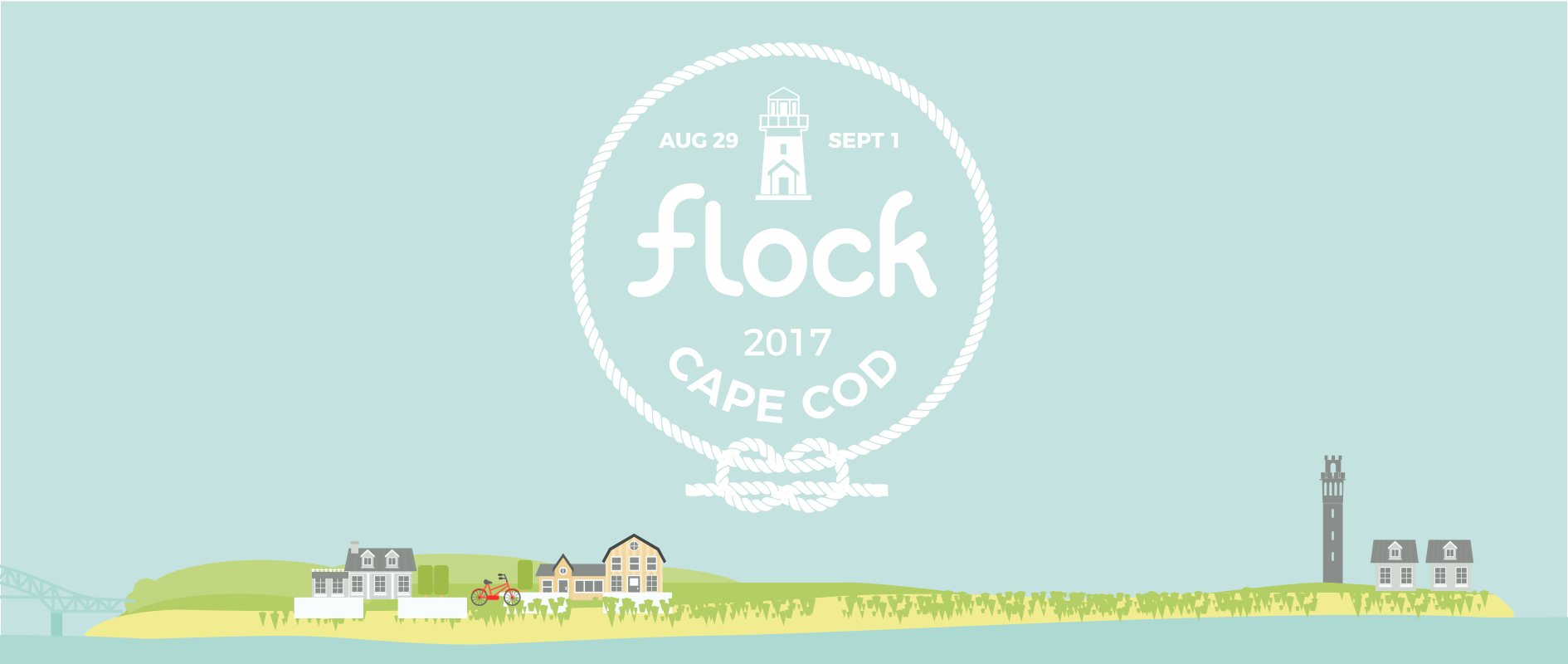As you probably know, there is annual convention called Flock. This year’s is happening in Cape Cod, Hyannis, MA and will begin the morning of Tuesday, August 29. Sessions will continue each day until midday on Friday, September 1.
I have asked all of the session leaders from Flock some questions.
And now you are about to read one of the responses.
Workshop: Turning Legacy Docs into User-Story-Based Content by Robert Kratky
What does your talk focus on?
We would like to emphasize that it is a much more of a workshop or a do-session than a talk. We would like the attendees to leave the workshop with a solid understanding of how we are proposing to simplify and streamline the work on documentation, so that they can all be ambassadors for the new approach.
To that end, we have prepared a practical activity, during which we will actually put together real pieces of documentation. So, it will very much be learning by doing. Of course, we do not expect to deliver the bulk of Fedora documentation during a 3-hour workshop.
However, we believe that if the attendees actually have the opportunity to get their hands dirty by working with real-world docs, then it will be easier for them to understand the underlying principles.
What is the goal of your session at Flock?
The main goal of the workshop is to kickstart the work on new Fedora documentation, to introduce new concepts that would make it possible to work more efficiently on documentation, and that would hopefully deliver better value for users and at the same time make the writing and maintenance of documentation easier for contributors.
What does it affect in the project?
The obvious answer is documentation, but we would also like to think that the workshop will help other Fedora contributors — who are not necessarily involved with documentation — to better understand the project and to be able to both provide support to potential documentation contributors and understand how to easily contribute small pieces of documentation.
Without giving too much away, what can attendees expect to learn or do in your session?
Attendees can expect to learn about documentation based on user stories and ways to author such documentation structured in a modular manner. Equipped with a basic understanding of these things, the attendees will be able to put together simple pieces of documentation based on already existing docs and have them published.
Who should attend?
Everyone who is interested in helping move Fedora documentation forward. We would also like to see those who have been, perhaps, in the past disenchanted by documentation or who have found it too cumbersome to contribute to the Documentation Project. We believe that with the new tooling and the new approach, many of these pain points will be eliminated.
What do you do in Fedora/how long have you been involved in the project?
I have been mostly involved with the Documentation Project, though I have not been very active. Aneta has been using Fedora as her workstation, but she’s new to the Project.
What attracts you to this type of work or part of the project?
It would be a stretch to say that I like documentation, but I do like to make it easier for users to start using and contributing to Fedora or to Linux in general. I’m also hoping that by introducing a new approach towards Fedora documentation, it will be easier to attract contributors, and it will also be easier for one-off contributions to happen, both from users and Fedora engineers.



Start the discussion by commenting on the auto-created topic at discussion.fedoraproject.org